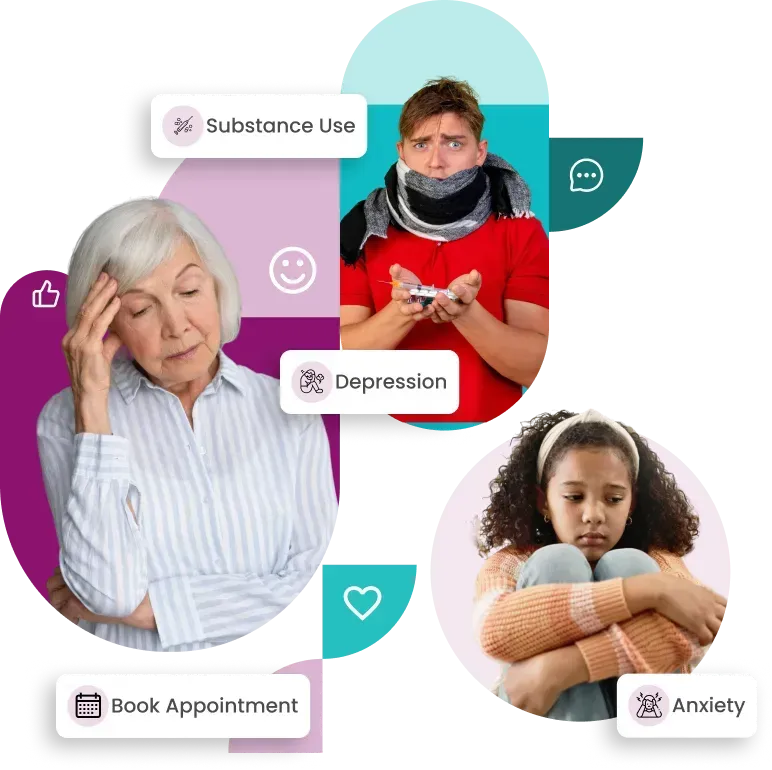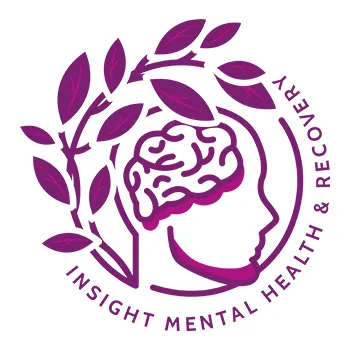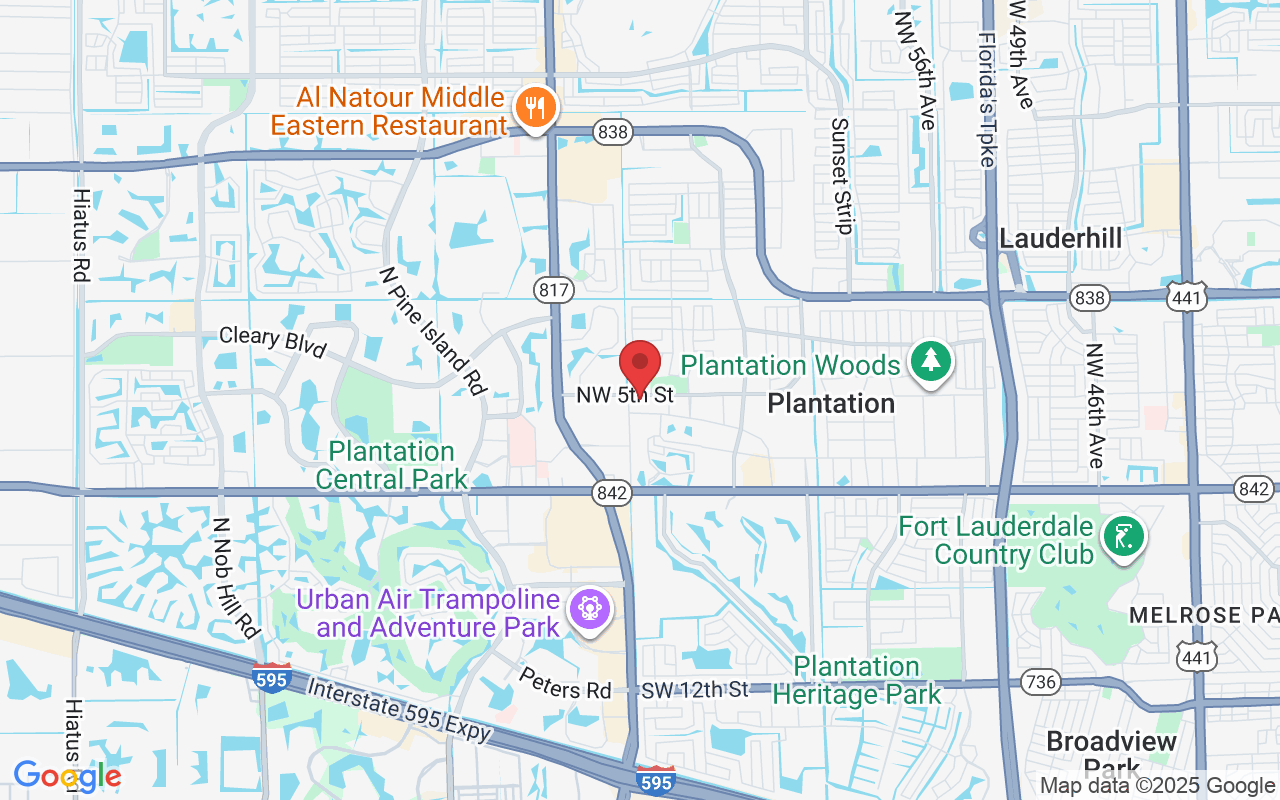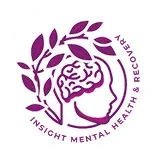Welcome to Insight Mental Health & Recovery
Your Path to Lasting
Mental Wellness
in Plantation, FL
At Insight Mental Health & Recovery, we provide empathetic and individualized psychiatric care to help you navigate challenges like anxiety, depression, PTSD, and substance use disorders.
Take the first step toward a healthier mind.

Compassionate Mental Health Support Tailored to You
Discover personalized care that helps you heal, grow, and thrive. We’re here to support your journey—one step at a time.
Our Services
Your Happiness is Essential.
Mental health is important at every stage of life, from childhood and adolescence through adulthood. Over the course of your life, if you experience mental health problems like, anxiety, depression, PTSD, drug addiction, alcohol addiction, etc. your thinking, mood, behavior, and overall lifestyle could be affected.
Testimonials
Hear From Our Clients
About IMHNR
Your Partner in Mental Health Recovery
Our mission is to eliminate barriers to treatment by offering personalized counseling services tailored to your unique needs. We have curated a welcoming environment where you can openly be yourself, confront mental health challenges, and receive the support you deserve.
Our team comprises experienced psychiatrists, licensed therapists, and compassionate support staff, all united by a shared passion for empowering individuals to overcome their mental health challenges and lead fulfilling lives.

Comprehensive
Psychiatric Evaluation

Medication
Management

LAI – Long-Acting
Injectables

Sublocade

Who We Serve
Support for Every
Stage of Life
At Insight Mental Health & Recovery, we proudly serve individuals across all walks of life. Whether you're navigating early adulthood, facing new challenges in midlife, or seeking support later in life, our team is here to help.
We provide care for:
Adolescents & Teens
Young Adults & College Students
Adults & Professionals
Seniors & Geriatric Populations
No matter your background or where you are in your journey—you're not alone. We're here when you're ready.
Contact Info

Call Us
(954) 539-8828

Email Us

Location
7540 NW 5TH ST STE 2, PLANTATION, FL 33317
Get in Touch
What We Offer
Privacy Policy . Terms & Conditions
© All Rights Reserved Insight Mental Health & Recovery Powered by RewardLion Ai Powered Solutions 2025



















